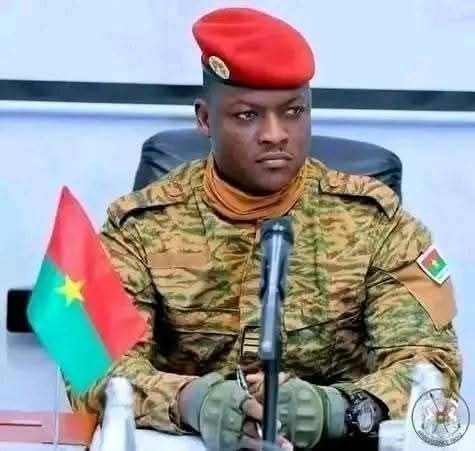Burkina Faso’s ruling military junta has announced the dissolution of the country’s Independent National Electoral Commission (CENI), citing high operational costs and the need to protect the nation from external influence in its electoral process.
The decision, made during a cabinet meeting and confirmed by the Minister of Territorial Administration, Emile Zerbo, marks a significant shift in the country’s democratic governance. The minister said the move was necessary to “streamline state expenditure” and reinforce national sovereignty in the face of what the junta described as “persistent foreign meddling.”
“Maintaining the electoral commission has become financially unsustainable,” Zerbo said. “More importantly, the state must take full ownership of its electoral process, free from foreign influence or pressure.”
Under the new arrangement, the organization of elections will be handled directly by the Ministry of Territorial Administration, eliminating the previously independent oversight structure that CENI provided.
This latest development follows a series of controversial reforms by the junta, which seized power in September 2022 under Captain Ibrahim Traoré. Initially promising a return to civilian rule by July 2024, the junta has since extended its transition timeline to 2029, raising concerns among civil society and international observers about the erosion of democratic norms.
Critics say the dissolution of CENI further weakens the country’s institutional checks and balances and could undermine the credibility of future elections.
“This is a dangerous step backward for democracy in Burkina Faso,” said a prominent political analyst in Ouagadougou, who requested anonymity. “Without an independent electoral body, the transparency and fairness of any future vote will be seriously compromised.”
The announcement also comes amid increasing repression of dissenting voices. Earlier this year, the junta dissolved the country’s main journalists’ union and cracked down on independent media outlets. Several journalists and civil society actors have been arrested or harassed in recent months.
Burkina Faso, one of the most volatile countries in the Sahel region, continues to battle widespread insecurity. Armed groups linked to al-Qaeda and the Islamic State have carried out deadly attacks across the country, with large portions of territory remaining outside government control.
Despite pledges to restore order and rebuild national pride, the junta’s actions—including distancing the country from regional and international institutions—have led to further political isolation.
With the dismantling of its independent electoral system, Burkina Faso’s transition path now appears increasingly uncertain, as concerns mount over the future of democracy and governance in the country.


